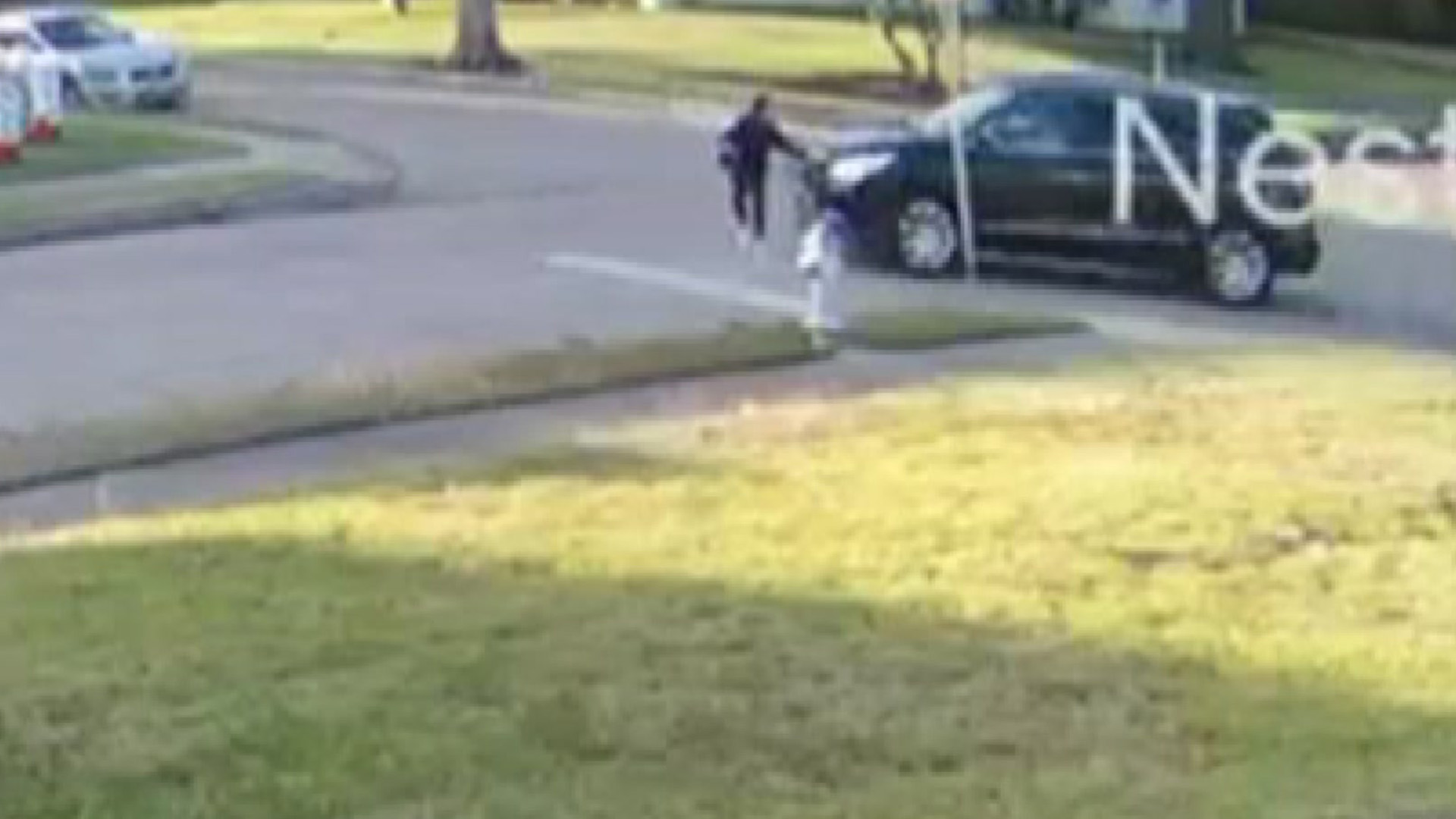Tuesday afternoon, Tarrant County Public Health along with the Fort Worth Fire Department updated city council members during their work session about what they're doing to prepare if COVID-19 arrives in the area.
"The important thing to understand is that there are no active cases of COVID-19 in Fort Worth or really in Texas that we’re aware of ," said Veer Vithalani, MD, Medical Director for EMS Systems. "There are people that we consider at-risk patients that are watched by the health department, but there’s no one in the community that’s actively infected right now.”
Tarrant County Public Health is the lead agency and has been providing daily updates to Fort Worth Police, Fort Worth Fire and Medstar.
They're also coordinating with EMS, hospitals, schools and universities as part of its joint emergency operations.
“I think there’s a balance between being prepared and being over reactionary. I think people have to be mindful that this is real, that this is something that potentially impacts us. People need to realize that good simple personal protection and hand washing does work," said Fire Chief James Davis.
He said he's telling his first responders to be diligent and to ask patients questions about recent travel or ask if them if they've been in contact with someone who has the disease.
Davis said if someone does contract the illness, they have a plan in place.
Local
The latest news from around North Texas.
“Basically it comes down to three different things: time, distance and shielding," said Davis. “We put time between us and the person to make sure there’s an incubation period and consideration for the 14 to 20 day timeline."
He said secondly they would want to make sure people have the proper equipment and the barrier protection.
"The common knowledge of simple personal protection which includes first and foremost hand washing, to make sure that they understand that this virus... it’s easy to be transmitted but simple hand washing and proper prevention methods are a mainstay for wide spread and the shielding is barrier protection to make sure we’re not face-to-face with people and letting them breathe, cough and sneeze on you," said Davis.
He said they have enough equipment to handle a breakout and learned a lot from the past when it comes to the Zika Virus, H1N1, Flu, and ebola.
"So as far as supplies, right now I think most folks in the area are good. In regards to having supplies should there be an uptick in the number of cases or suspected cases in the area, and the supply disruption occurring out of China, then we could potentially down the line get into a problem with additional supplies, but right now I don’t see that being a problem," Davis explained.
“It’s important to be prepared, but its important not to be panic," said Vithalani. "We talk about the coronavirus as if it’s this new thing but reality is, it oftentimes functions like our normal other viruses and so simple handwashing techniques, soap, and water, 30 seconds all over your hands with regular soap will work fine.”



